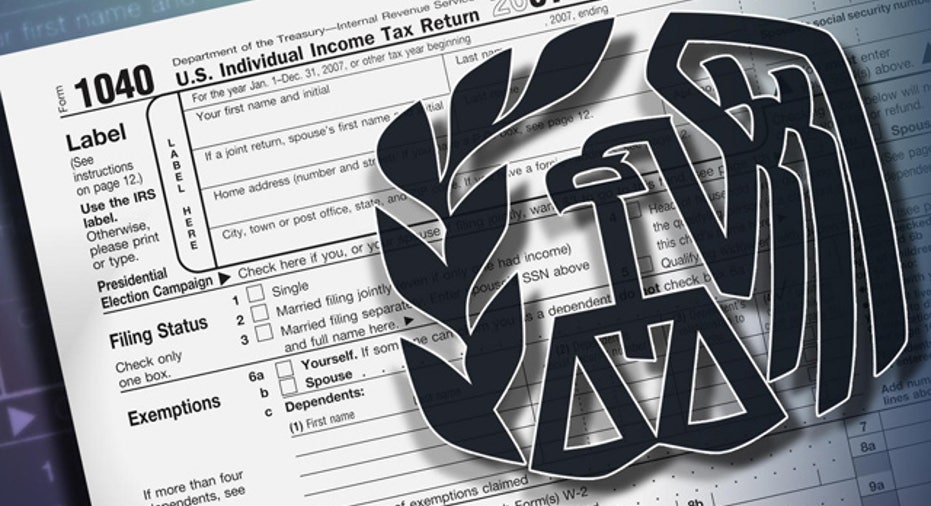$858B Tax-Cut Plan Heads to House

A deal that President Barack Obama struck with Republicans to extend tax cuts for nearly every working American and spur job growth moves to the House of Representatives for passage as early as Thursday.
Many of Obama's fellow Democrats in that chamber strongly oppose the measure as favoring the wealthy, and are still angry with him for cutting the deal with Republicans without them.
"We have a situation where we have a proposal before us that gives 6,600 families in America $25 billion and holds the rest of the provisions in the bill, (such as) low-income tax cuts, hostage to that blackmail," House Speaker Nancy Pelosi said on Wednesday, referring to a provision on the estate tax.
Still, most analysts believe the deal, which has already received overwhelming bipartisan approval in the Senate, will pass the House with substantial backing from Republicans and some Democrats.
The legislation would extend for two years income tax cuts enacted under Republican former President George W. Bush, with Democrats backing off their earlier fervent opposition to extending the cuts for the richest Americans. The Bush-era cuts are due to expire at the end of 2010 unless Congress acts.
The measure would also prevent a spike in taxes on capital gains and dividends, renew long-term unemployment insurance and provide new tax relief for students, working families and businesses.House Democrats are becoming more resigned to passage of the $858 billion package. Experts predict the measures will probably boost economic growth but add to the $1.3 trillion budget deficit, which has unsettled the bond market.
Most of the 255 House Democrats may oppose the overall tax package, but it is expected to be approved with overwhelming support among the chamber's 179 Republicans.
ONE POINT GDP BOOST
Obama on Wednesday called on the House to approve the bill "as soon as possible" to avoid tax increases across the board in January.
Many economists predict the tax package could add up to 1 percentage point to economic expansion next year, due partly to a one-year cut in the payroll tax and removal of uncertainty about taxes in general.
Obama's current position on taxes contrasts sharply with his position earlier this year when he and his fellow Democrats fought against renewing tax reductions for the wealthiest Americans -- those with household incomes above $250,000 -- while supporting continued cuts for middle-class taxpayers.
At the time, they said that with budget deficits at record levels, the United States could not afford to give the tax breaks to the wealthiest.
But with Republicans drawing a line in the sand on the issue and scoring major victories in November 2 congressional elections -- taking control of the House and making gains in the Senate -- Obama acquiesced on tax cuts for upper-income Americans.
Democrats did win their desired extension of unemployment benefits, which were expiring for millions of people shut out of jobs in the lackluster economy.
Particularly irksome to Democrats is a provision raising the exemption threshold for the estate tax from $3.5 million in 2009 to $5 million, and cutting the estate tax rate from 45% to 35%.
Democrats will likely try to change the tax bill with an amendment on the estate tax, though Representative Earl Pomeroy, the Democrat sponsor of a steeper estate tax proposal, told Reuters it was "unclear" if such a vote would pass.
He said Democrats will try because "some things are worth fighting for." He then noted: "I will say this. ... People want to get home and you know sometimes, heading to the gate is a pretty powerful impetus to pass packages."



















